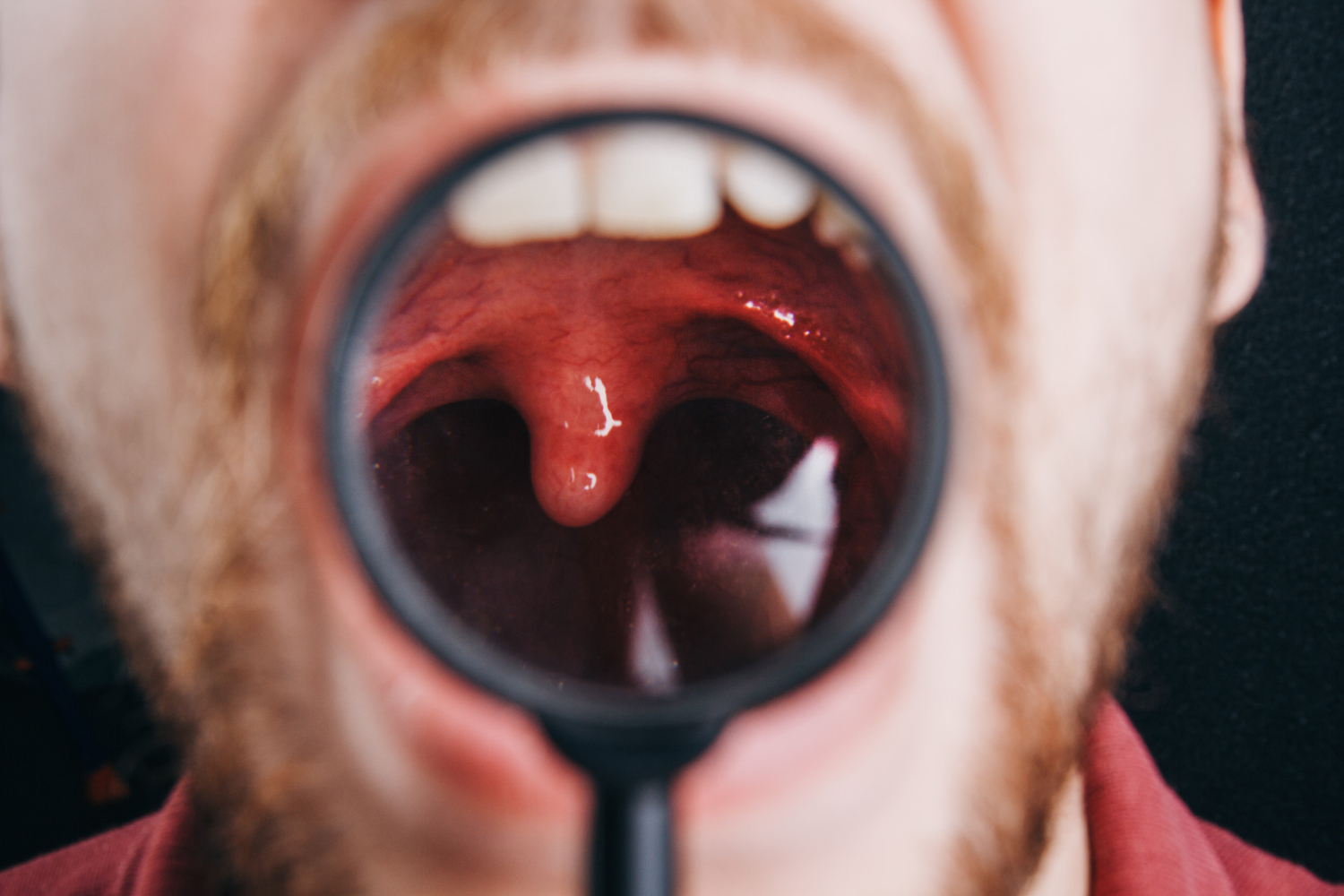Your salivary glands play a crucial role in your oral and digestive health. They produce saliva, which not only helps you chew and swallow but also keeps your mouth moist and reduces the risk of tooth decay. But what happens when these hardworking glands get blocked?
A blocked salivary gland can cause pain, swelling, and discomfort, especially during meals. If left untreated, it could lead to infection or other complications. Thankfully, most cases can be managed at home or with medical intervention when needed.
This blog will guide you through effective ways to unblock a salivary gland, key causes and symptoms, and when it’s time to see a healthcare provider.
What Is a Blocked Salivary Gland?
Before we tackle the solutions, it’s essential to understand what causes a blocked salivary gland and how it impacts your health.
The Role of Salivary Glands
You have three major salivary glands—parotid, submandibular, and sublingual—along with hundreds of minor salivary glands throughout your mouth. These glands are responsible for producing saliva, which keeps your mouth moist, aids digestion, and protects your teeth from bacteria.
Salivary ducts act as pathways, allowing saliva to flow from the glands into your mouth. However, when these ducts get blocked, saliva backs up in the gland, leading to pain and swelling.
Causes of Blocked Salivary Glands
Several factors can lead to a blockage in your salivary glands, including:
- Salivary Stones (Sialolithiasis): Hardened mineral deposits that form in the ducts, blocking saliva flow. This is the most common cause.
- Mucous Plugs or Scar Tissue narrowing the ducts.
- Dehydration or dry mouth, often caused by certain medications like diuretics or antihistamines.
- Gland Trauma or injuries, which can create blockages or swelling.
- Medical Conditions like gout, Sjögren’s syndrome, or autoimmune diseases.
- Smoking, which impacts saliva flow and overall gland health.
Symptoms of a Blocked Salivary Gland
Common symptoms include:
- Pain or swelling near the jaw, cheeks, or under the tongue.
- Dry mouth or difficulty swallowing.
- Pain during meals as saliva production intensifies.
- Pus discharge from the gland if an infection develops.
- Persistent swelling or a firm lump in severe cases.
If you suspect you’re dealing with a blocked salivary gland, don’t worry! Many cases can be treated effectively at home.
How to Fix a Blocked Salivary Gland at Home
For most people, home remedies can help alleviate symptoms and clear the blockage.
1. Stay Hydrated
Dehydration thickens saliva, increasing the chances of blockages. Drink plenty of water throughout the day to keep your saliva thin and flowing smoothly. Consider herbal teas or warm broths as comforting hydration options.
Pro tip: Track your water intake using a smartphone app to ensure you’re drinking enough daily.
2. Use Moist Heat and Massage
Applying gentle pressure and heat can help relieve pain and promote saliva flow.
- Step 1: Place a warm compress over the swollen area for about 10 to 15 minutes, several times a day.
- Step 2: Gently massage the gland using your fingertips, working in a circular motion toward the duct to dislodge any blockages.
Warning: Avoid using excessive force while massaging, as this can aggravate the gland.
3. Stimulate Saliva Production
Encouraging saliva flow can help flush out blockages naturally.
- Sour Foods: Suck on sour candies, lemon drops, or citrus fruits to stimulate saliva secretion.
- Hydrating Diet: Incorporate foods with high water content, like cucumbers, melons, and oranges, as part of your meals.
- Chewing Gum: Opt for sugar-free gum to encourage saliva production while protecting your teeth.
4. Pain Management
Use over-the-counter medications like acetaminophen or ibuprofen to manage discomfort and reduce swelling. However, avoid prolonged use without consulting a doctor.
5. Maintain Oral Hygiene
Gargle with warm salt water to keep the area clean and prevent infection. Brush and floss regularly while avoiding tobacco products to maintain healthy salivary glands.
If these remedies don’t improve your symptoms within a few days or the pain worsens, it’s time to seek professional care.
When Home Remedies Don’t Work
Sometimes, a blocked salivary gland requires medical attention. You should see a healthcare provider if:
- Pain and swelling persist despite trying home remedies.
- You experience signs of infection, such as fever, redness, or pus discharge.
- The gland remains firm or tender for more than a week.
Medical Treatments for a Blocked Salivary Gland
When home remedies fail, doctors may recommend the following treatments:
1. Manual Removal
A healthcare provider may manually dislodge smaller stones during a physical exam by pressing or probing the duct.
2. Sialoendoscopy
A minimally invasive procedure using an endoscope to locate and remove larger stones or blockages with precision.
3. Lithotripsy
This method uses shock waves to break up stubborn stones, making them easier to flush out.
4. Surgical Removal
For severe, recurrent blockages, parts of the affected gland may need surgical removal.
5. Antibiotics
If an infection is present, antibiotics may be prescribed to clear bacterial growth and reduce inflammation.
Most cases resolve with non-surgical interventions, and affected glands usually return to normal function once blockages are cleared.
Preventing Blocked Salivary Glands
Prevention is always the best medicine! Here are simple ways to keep your salivary glands healthy and unblocked:
- Drink water regularly to stay hydrated.
- Limit medications that cause dry mouth where possible (only with a doctor’s advice).
- Avoid smoking or tobacco use.
- Practice good oral hygiene, brushing and flossing twice daily.
- Opt for regular dental check-ups to monitor oral health.
Adopting these habits can go a long way in maintaining optimal salivary gland function.
A Clear Path to Comfort
Blocked salivary glands, while uncomfortable, are rarely a cause for alarm. With the right home remedies and preventive care, most cases can be managed effectively. Should symptoms persist or worsen, consulting a healthcare provider ensures you get the treatment you need, all while protecting your long-term oral health.
Found this guide helpful? Bookmark it or share it with someone who might need it. For more health insights, subscribe to our newsletter for expert tips straight to your inbox!
FAQs
How do you clear a clogged salivary gland at home?
Drink plenty of water, massage the gland gently, apply warm compresses, and stimulate saliva production by sucking on sour candies or fruits.
Can a blocked salivary gland go away on its own?
Yes, many blockages resolve on their own with time and at-home care. However, persistent blockages may require medical attention.
Can a dentist unblock a salivary gland?
Yes, dentists or oral specialists can help remove blockages manually or refer you to a specialist for advanced procedures.
How do you massage out salivary gland stones?
Apply a warm compress to the area to loosen the blockage. Then, using clean fingertips, gently massage the gland in a circular motion toward the duct.

















